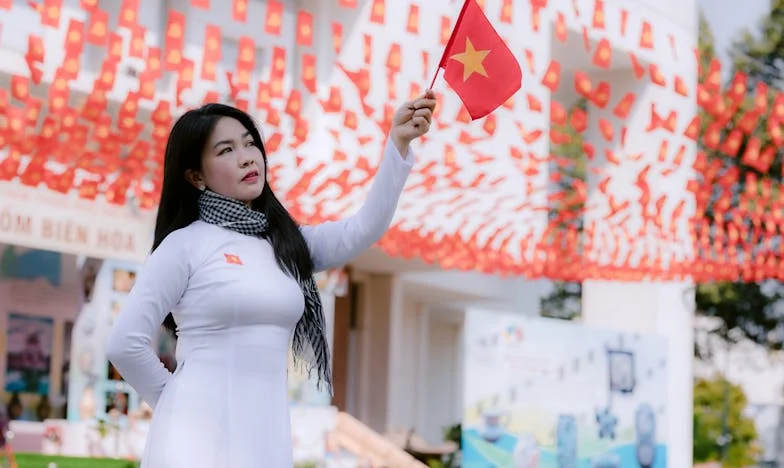The Last Light in Dad’s House
“Are you coming this weekend or not, David?”
My brother Mark’s voice crackled through my phone, sharp and impatient. I was sitting in my car outside my office, hands gripping the steering wheel so tight my knuckles had turned white. I glanced at the time—7:13 PM. Another late night, another missed dinner with my wife and kids.
“Yeah, I’ll be there,” I finally muttered. “I just… I have to finish up this presentation first. Tell Dad I’ll call him tonight.”
Mark sighed. “He’s been asking about you, you know. Every day. He even made that stupid potato salad you hate—just in case you drop by.”
My heart lurched. Dad was seventy now. Ever since Mom passed two years ago, he’d lived alone in that old ranch house on Oakwood Avenue, the one with the peeling blue paint and the backyard that still smelled faintly of her roses. Mark and I tried to visit as much as possible, but life—jobs, kids, bills—had a way of getting in the way.
I pulled into Dad’s driveway that Saturday, the car crunching over gravel, the porch light flickering as the sun dipped behind the trees. Mark’s SUV was already there. I could hear laughter inside, and for a moment, I almost turned back. I felt like an outsider in my own family.
But then Dad opened the door, his face lighting up when he saw me. “David! Finally!” He pulled me into a bear hug, the kind that smelled of Old Spice and home.
Mark was in the kitchen, chopping tomatoes with his usual efficiency. “Look who decided to show up,” he said, not unkindly. His daughter, Emily, perched on a stool, grinned at me.
Dinner was loud, messy, full of stories about Mom and her legendary lemon pie, about Mark’s new job at the fire department, about Emily’s upcoming graduation. Dad’s eyes kept flitting to the empty chair at the end of the table—Mom’s chair. I noticed how small his hands seemed now, how he winced when he stood up.
After dinner, Mark and I sat on the porch, beers in hand, mosquitoes buzzing around the old citronella candle. The house was quiet, except for the television murmuring through the open window.
“He’s not doing great, Dave,” Mark said quietly. “He gets confused. He called me ‘George’ last week—George was our old neighbor, remember?”
I stared at the sky, the stars blurry through my tired eyes. “He’s just lonely.”
“We have to do something. We can’t just let him rot away in there.”
Mark always made it sound so simple—just do something, fix it, be there. But I was drowning at work, failing as a husband, barely keeping it together as a dad myself. I didn’t know if I had anything left to give.
The next morning, I found Dad in the backyard, kneeling in the dirt, hands trembling as he tried to prune Mom’s roses. I crouched down next to him.
“Need a hand?”
He smiled, but his eyes were watery. “She loved these roses. I don’t want them to die.”
We worked in silence. The sun climbed higher, and sweat dripped down my neck. Dad’s breath was ragged. When I looked at him, really looked, I saw not the invincible man of my childhood but someone fragile, breakable.
“Are you happy here, Dad?” I asked, voice barely above a whisper.
He shrugged. “Some days, yes. Some days, I just miss her so much it hurts.”
Later, Mark and I fought in the driveway. I wanted to hire someone to check on Dad a few times a week. Mark accused me of trying to buy my way out of responsibility. “He’s our father, Dave. We should be here for him—not some stranger.”
“And what about my kids? My job? My life?” I snapped. “Not everyone can drop everything.”
Mark’s jaw tightened. “Maybe you should try.”
Dad watched us from the window, a ghost behind the curtains.
That night, I couldn’t sleep. I kept replaying that look in Dad’s eyes as he sat in the garden, clutching a single wilted rose. Were we failing him? Or was this just how things went—children growing up, parents growing old, everyone drifting apart?
Weeks passed. Mark started coming over more often. I called every night, sometimes just listening to Dad breathe on the other end. His memory slipped further—a missed birthday, a forgotten name, one night where he called 911 because he thought someone was breaking in. It was just the wind.
One Saturday, Mark called in tears. “He’s in the hospital, Dave. He fell. He broke his hip.”
I raced through the city, heart pounding, praying I wouldn’t be too late. Dad looked so small in that hospital bed, tubes snaking out of his arms. When he woke, he smiled at me like he was seeing me for the first time.
“David,” he whispered, “don’t let me go home alone.”
I broke then, sobbing into my hands. Mark squeezed my shoulder, his own face streaked with tears.
We made a decision that night. Dad moved in with me, into our guest room, surrounded by pictures of Mom and the roses he loved. My kids learned patience, my wife learned compassion, and I—well, I learned what it meant to show up, even when you’re tired, even when you’re scared.
Some days, Dad was himself—making bad puns, singing old Sinatra tunes, telling my son Ben stories about growing up in the city. Other days, he was lost, staring out the window, calling for Mom. But he was not alone. Neither was I.
Now, sometimes I sit with him in the backyard, the air thick with the scent of roses, and I wonder how many more summers we’ll have. I wonder if my kids will do the same for me one day.
Is this what family really means—holding onto each other, even as we let go? Would you do the same, if it was your dad?
